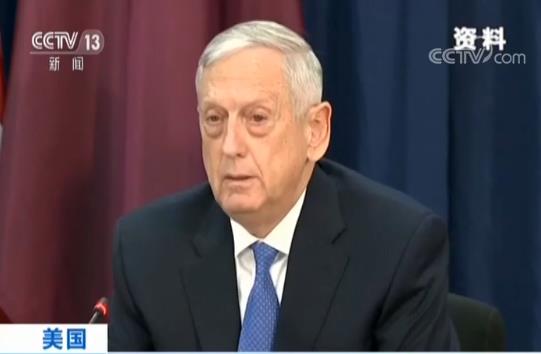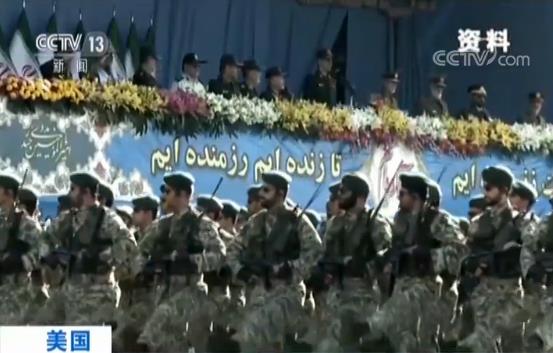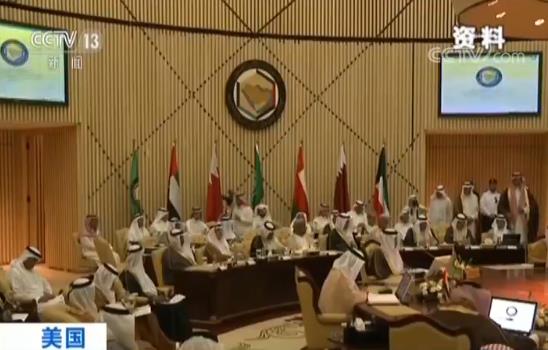CCTV News:In May this year, the United States announced its withdrawal from the comprehensive agreement on the Iranian nuclear issue, and the relationship between the United States and Iran accelerated, and the two sides set off round after round of slobbers; Recently, the United States has made military moves in the Middle East, and Iran is not to be outdone. The atmosphere is tense for a time.
Recently, some Australian media reported that "the United States may bomb Iran’s nuclear facilities next month" — — In this regard, US Defense Secretary Matisse said on the 27 th local time that this is purely nonsense.

At the Pentagon press conference that day, when asked whether the United States sought regime change or collapse in Iran, Matisse replied: "We have not formulated such a policy."

However, he also said that the United States may take other ways to pressure Iran to "change some practices." In recent years, the United States has always accused Iran of fostering Shiite forces in Syria, Yemen and other places, playing "proxy war" and disrupting the situation in the Middle East; Iran accused the United States of favoring Israel and interfering in regional affairs.
The United States may create an "Arab version of NATO" to contain Iran.
Recently, a number of American and Arab officials disclosed that the United States is planning to build the so-called "Arabic version of NATO" based on NATO to contain Iran’s influence in the Middle East.

According to reports, this alliance is still in the tentative stage, and its tentative name is "Middle East Strategic Alliance", including the six members of the Cooperation Council for the Arab States of the Gulf, namely, Saudi Arabia, the United Arab Emirates, Amman, Bahrain, Qatar and Kuwait, plus Egypt and Jordan. The leaders of relevant countries are tentatively scheduled to meet in Washington, DC, in mid-October this year to discuss the formation of the alliance.

According to US officials, the alliance "aims at establishing a regional anti-missile defense system and upgrading armaments" and "this alliance will become a fortress against Iranian aggression, terrorism and extremism".
In fact, the concept of the so-called "Arab version of NATO" is not new. The previous US government tried to build similar alliances many times, but failed. The "Middle East Strategic Alliance" that the United States is now pushing is also facing challenges. For example, the six countries of the "GCC" are not United. Saudi Arabia, the United Arab Emirates, Egypt and Bahrain broke off diplomatic relations with Qatar last June, and there is no sign of easing up so far.